So What Is Anxiety?
What is anxiety and what is chronic anxiety? Well in many ways anxiety is viewed as a collection of different mental and physiological responses or symptoms. General anxiety is when one tends to worry about an actual situation or something they fear will happen.
A state of anxiety is a general feeling of unease, fear, or worry to different degrees. A feeling of apprehension or fear is often accompanied by an emotional and mental state of impending doom. Examples of situations you may feel anxious about; exams, driving test, interviews, a new relationship, new challenges, public speaking…
Our Reaction To Everyday Life
In many ways, Anxiety and Stress is our reaction to our day-to-day life. Anxiety and fear are very closely related and in some situations perceived as one of the same. But if we look at fear, fear is an innate survival response something experienced by both man and animal species. While being anxious is a much wider emotion and response, an exaggerated response to a perceived current or future threat.
The Stress Response
The stress response is an example of fear. It is our inbuilt survival response to safeguard the mind and body in a real-life or death situation. It triggers a physiological response that helps us fight or flight. This includes, for example, the release of adrenaline.
Adrenaline stimulates the sympathetic nervous system and reduces activity in the parasympathetic nervous system. Adrenaline creates chemical changes in the body such as an increase in heart rate, blood pressure, sweating, and reduction of the digestive processes.
What is Anxiety and What is Chronic Anxiety?
Anxiety is often a symptom of modern-day life and stress. If the mind, body, and emotions continually think and react as if it is in a life-threatening situation. The mind, body, and emotions are more likely to get caught in the anxiety cycle.
Unfortunately for a lot of people anxiety develops into chronic anxiety. Basically, it can become so seriously disabling that it impacts the person’s everyday life. It can inhibit a person’s ability to cope with or function in day-to-day, work, and social situations. I would regularly see clients who had been suffering for years before getting the right help.
What is Anxiety Attacks?
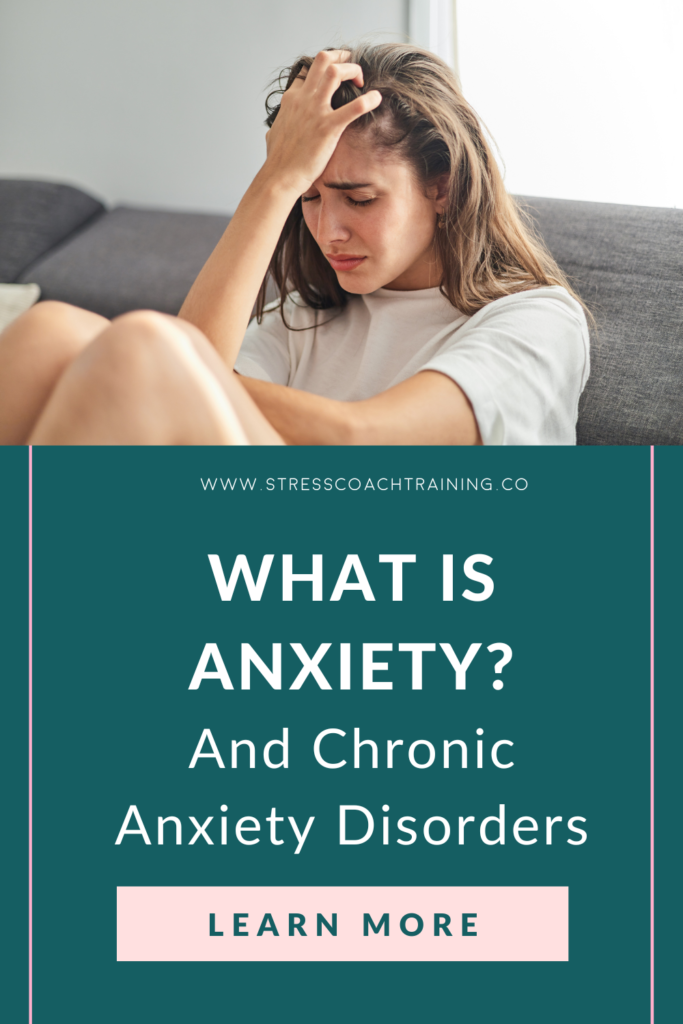
What is anxiety attacks or what is a anxiety disorder is when your symptoms of anxiety begin to impact your everyday life or well-being.
Although being anxious and stressed are very similar, the main difference is this constant anxious state continues after the original trigger or stressor has gone.
5 Anxiety-Disorders
- Post Traumatic Stress Disorder
- Generalized Anxiety Disorders
- Obsessive-Compulsive Disorders
- Panic Disorders
- Post Traumatic Stress Disorder
- Social Anxiety Disorders
- Social Phobias Or Social Disorders
The Anxiety-Cycle
One of the biggest challenges when treating chronic anxiety is stopping the cycle. This involves not just addressing the mind, but addressing our emotions and physical body. I generally find a multi-faceted therapeutic approach to chronic anxiety most helpful. This sort of approach tends to be more highly effective at achieving long-lasting results.
But like stress management, anxiety management is all about helping the client or student move off the fear, anxiety, or stress response into a relaxed response. One of the reasons relaxation therapy is a very helpful and important part of treating and eliminating such disorders.
The Issues With Breathing Techniques
Although most people tend to use breathing exercises for anxiety. In my experience, correctly applied relaxation techniques and certain types of meditation can be far more effective in the long run. Some types of breathing techniques act just like a sticking plaster some can actually increase the issues.
Early in my practice, I came across many clients whose levels of anxiety actually dramatically increased after being advised to use certain types of breathing exercises. In fact, some reported it worsened their anxiety, triggering an increased obsession over their breathing for years. It is one of the reasons it is not one of the first techniques we use to help clients manage their anxiety.
Today you can find a catalog of blogs written about breathing techniques but many of these authors are not qualified in this area. Many of the most highly advanced yogic masters around the world would never recommend these techniques for this use. So why would we? Sadly, in the west, we have a bad habit of watering down a lot of traditional teachings, just to suit our fast-paced life.
Good examples of this are seen in many modernised teachings of Mindfulness, Meditation, and Ayurveda. So be cautious before suggesting different breathing techniques to your clients. Some breath techniques are not suitable for certain medical conditions and in certain heightened states of emotion or anxiety. So always get expert help when choosing the right breathing techniques.
Meditation, Mindfulness, And Relaxation Therapy
I have personally found that anxious clients tend to do better with a combination of meditation, mindfulness, relaxation techniques, and some helpful CBT . This was one of the reasons that I include a lot of different relaxation, meditation, and mindfulness techniques before breathing techniques in my Certificated Relaxation Training.
So as you can see general anxiety is something most of us experience the rest are something that needs to be addressed. Now if you would like to experience more calm, feel less anxious, and stressed. I have a variety of both anxiety and stress management programs but one of my most popular anxiety-busting techniques is what I call my 5-Minute Meditation, some people call my Magic Tool. This powerful little fast and effective technique actually takes just over 4 minutes and is an easy way to reduce anxiety and stress.
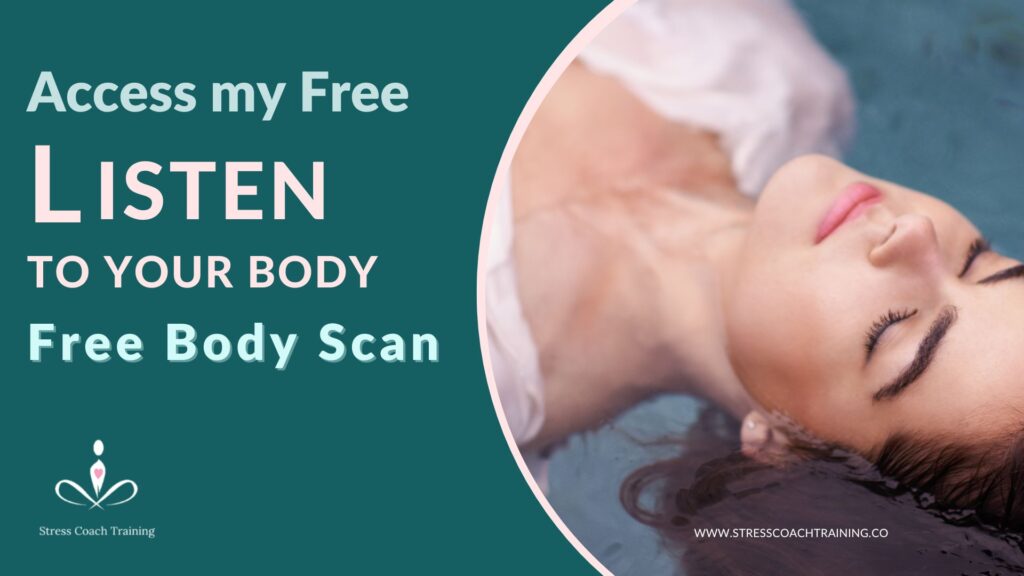

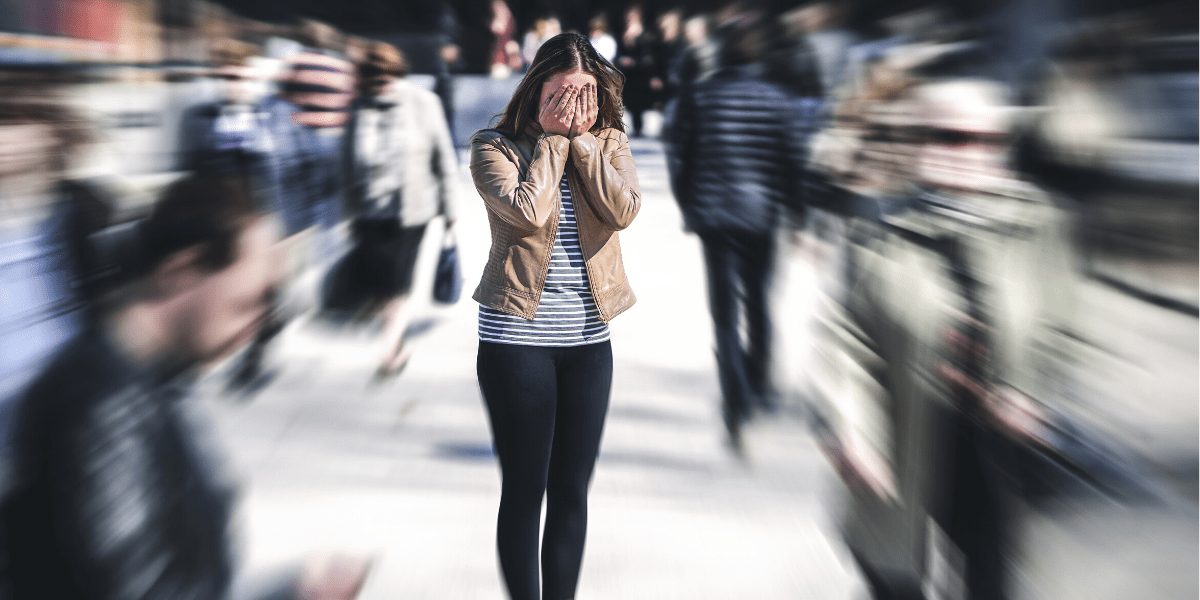
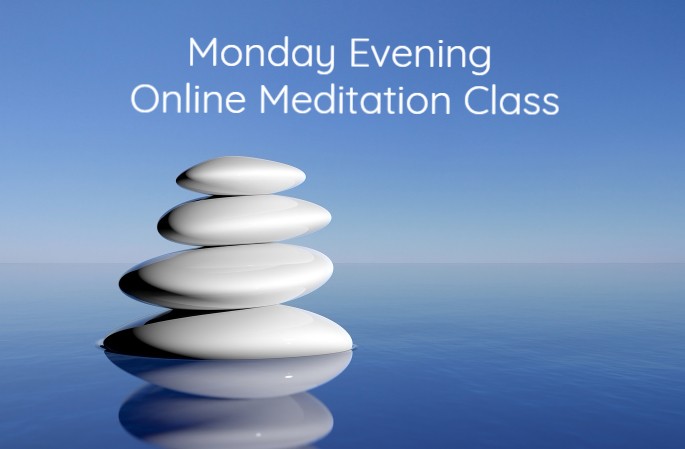
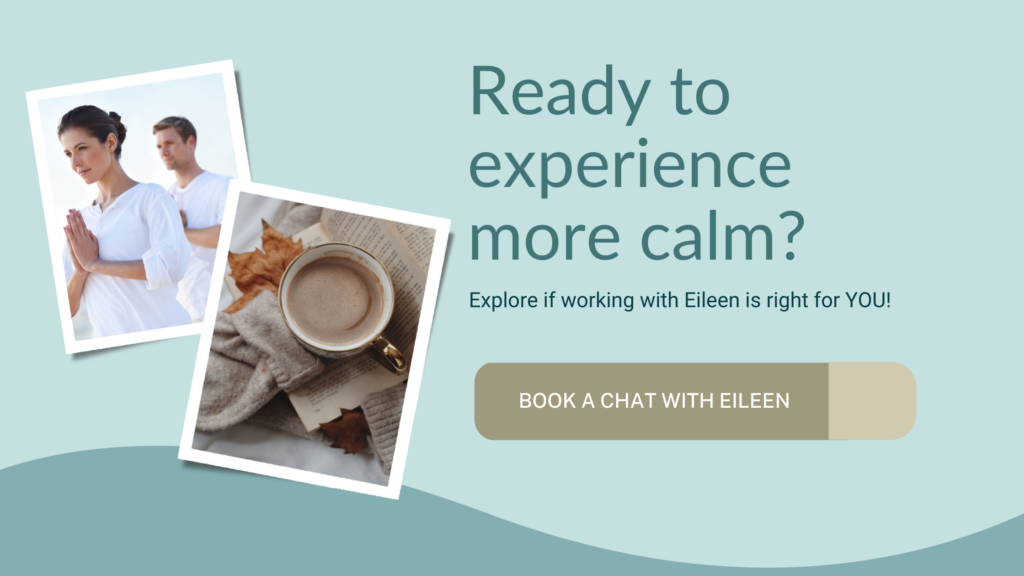
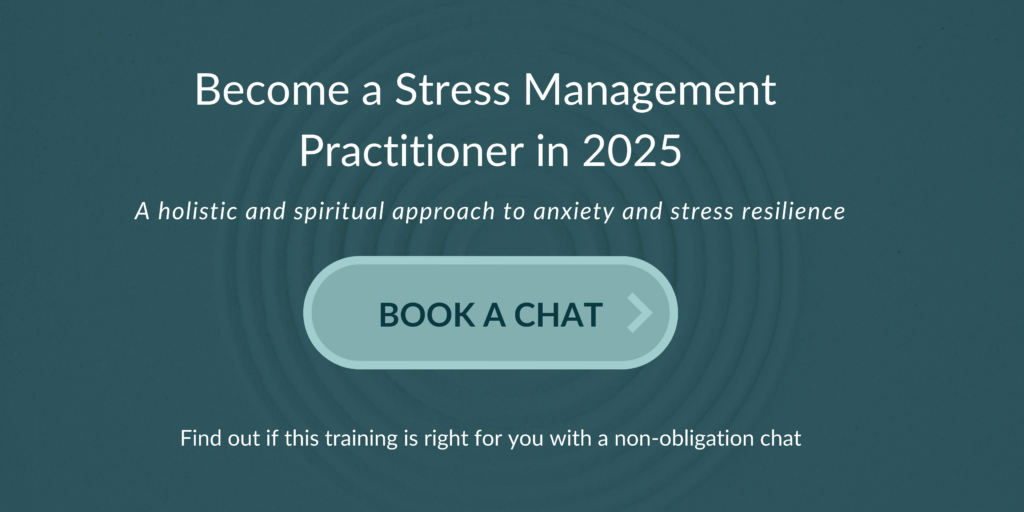
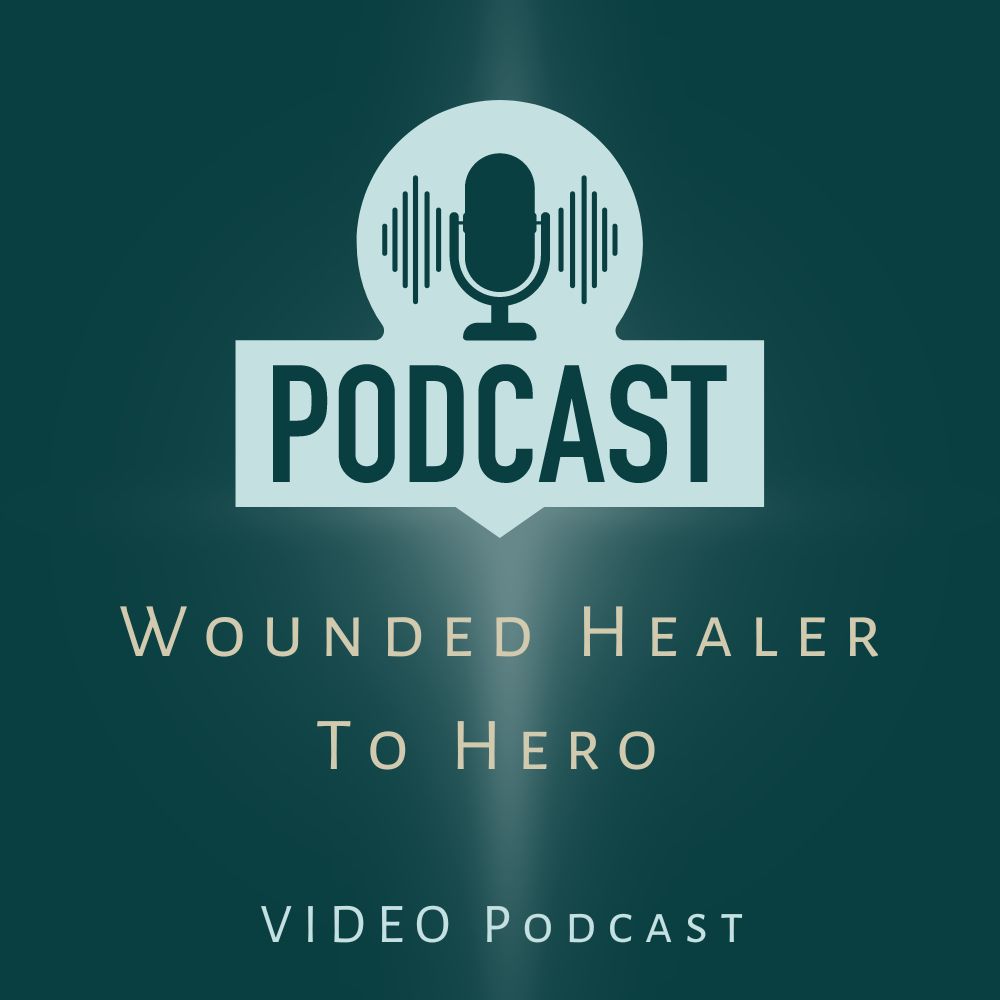
Trackbacks/Pingbacks